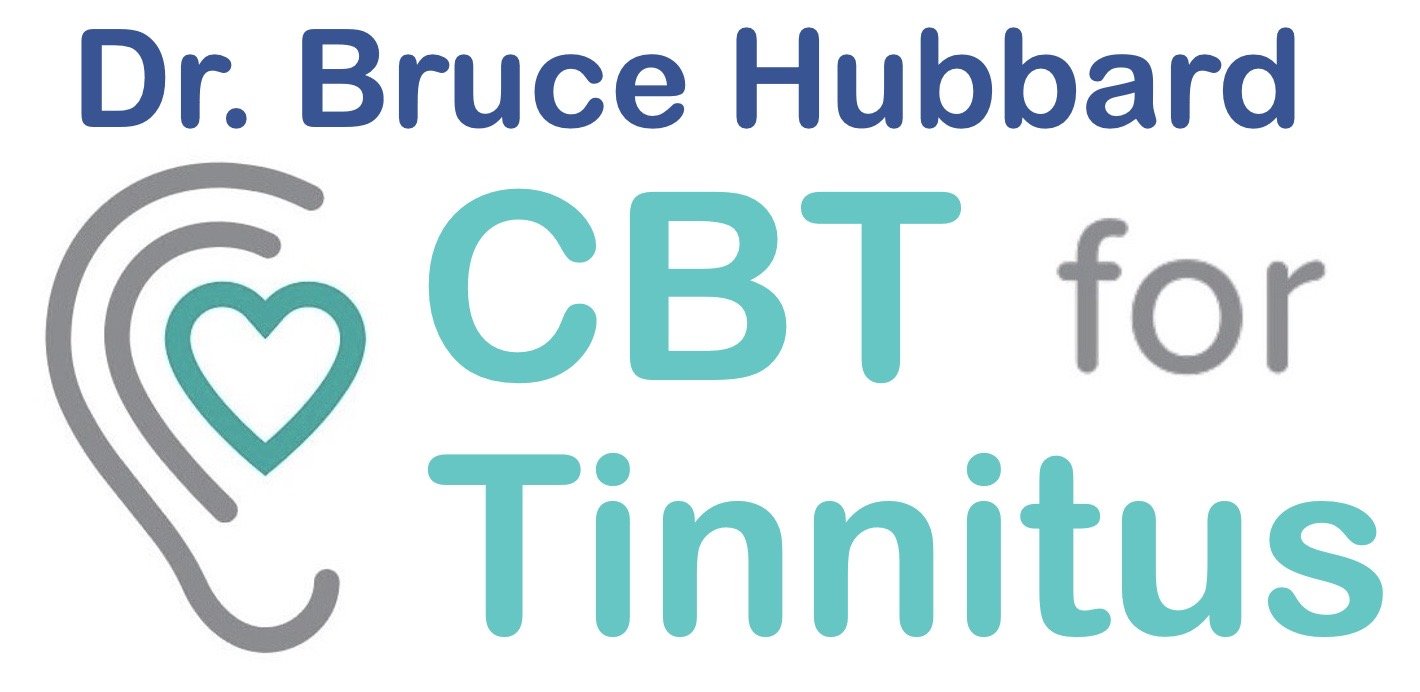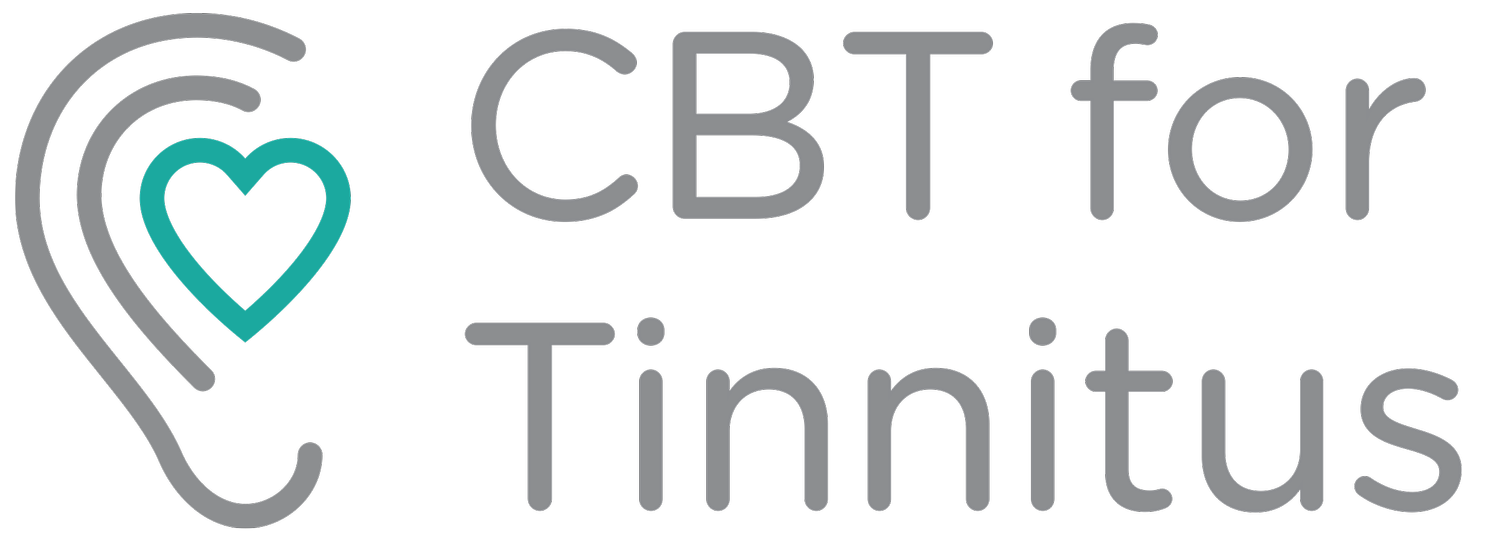FAQs
-
Over the course of CBT, people generally do report that their tinnitus becomes less intense and intrusive. However, CBT won’t fundamentally change your tinnitus. CBT will teach you how to reduce your reaction to tinnitus, which can set you on the path to full recovery.
-
CBT is the most clinically-proven treatment for tinnitus. But, unfortunately, there are very few qualified cognitive behavior therapists who are trained to treat tinnitus distress. My program is one of few, valid sources of CBT for tinnitus.
-
Audiologists are not qualified to provide cognitive behavior therapy (CBT). Cognitive behavior therapy is a behavioral health treatment provided by licensed behavioral health professionals. Some audiologists provide TRT counseling along with tinnitus maskers. TRT counseling may include simple coping strategies, like breathing, relaxation, and positive self-talk, but it’s not cognitive behavior therapy (CBT) and should not be called cognitive behavior therapy (CBT). If your tinnitus is accompanied by moderate to severe worry, anxiety, insomnia, concentration impairment, avoidance and withdrawal, please seek help from a behavioral health professional who has experience treating these problems.
-
No. In fact, at present, scientific evidence on the effectiveness of tinnitus maskers is mixed. Proponents often claim an 80% success rate. However, this study has been widely discredited by scientists. On review of the research, he American Academy of Otolaryngology (Ear-Nose-Throat doctors) warns of the “high expense” and “unproven effectiveness” of tinnitus maskers, and cautions their proponents against “instilling false hope.”
-
While it is commonly believed that CBT in combination with maskers is the best approach, the reality is unclear. Only one study tested the potential benefit of combining CBT with tinnitus maskers. They found that adding maskers to CBT was unnecessary. CBT alone was sufficient to reduce distress and improve quality of life. Some people in CBT do find sound therapy helpful, but this can be done using expensive tinnitus maskers or low-cost, self-administered devices.
-
If you have moderate to severe hearing loss, hearing aids will help you hear better. However, at present there is no scientific evidence supporting hearing aids as a treatment for tinnitus. While some people find them helpful, many do not. Hearing aids are expensive and typically not covered by insurance. Purchase of hearing aids for tinnitus alone should be a last resort. And use of hearing aids for the sole purpose of tinnitus masking is unnecessary. There are much cheaper alternatives.
-
There’s nothing crazy about being distressed by tinnitus. Tinnitus can be awful, and a distress phase is common. Getting the right help for a serious challenge like tinnitus is not weak. It’s smart. CBT is different from other forms of psychotherapy. You don’t just “talk about the problem.” In CBT, you set concrete goals with practical strategies to achieve them. Think of CBT as physical therapy for the brain. You learn new ways of behaving, thinking, and paying attention to strengthen emotional muscle and reduce the burden of tinnitus.

